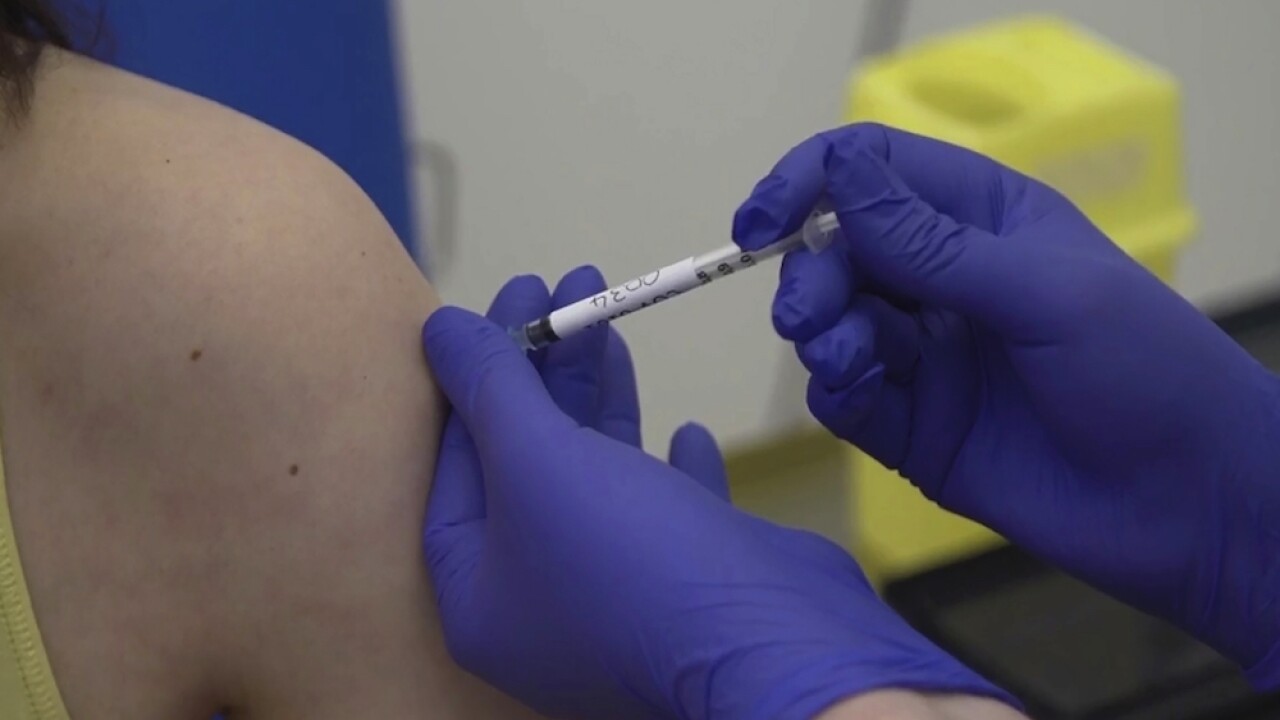NORFOLK, Va. - The Johnson & Johnson COVID-19 vaccine has met requirements for emergency use authorization in the United States. If approved, it will become the U.S.'s third vaccine against the virus, joining Pfizer and Moderna.
News 3 spoke to Dr. Edward Oldfield, an infectious disease specialist at Eastern Virginia Medical School, about questions he frequently hears about this vaccine.
What are your overall thoughts on the Johnson & Johnson vaccine, and how does it compare to the other two?
"I think it's definitely going to be approved," Oldfield told News 3. "Overall, the protective efficacy is about 72 percent versus the Moderna and Pfizer were closer to 95 percent, but you have to remember the studies were done at very different times. I don't think you can directly compare these percentages and say one is obviously less effective than the other."
"I think that's what people are most concerned about - am I going to end up in the intensive care unit? Are my loved ones going to die?" Oldfield continued. "It looks like 28 days after you get that single dose - it's 100 percent effective against being hospitalized or dying, and that's very, very good."
Should people try to choose which vaccine they get?
"I think you should get whatever you can get and get it first," Oldfield said. "It'd be a shame if you didn't take the Johnson & Johnson vaccine because you're waiting for the Pfizer vaccine and then got sick while you're waiting. That would be unfortunate. I think this is a good vaccine."
"The other thing about this vaccine - it only requires refrigeration, so it's going to be much easier to deal with than Pfizer and Moderna," Oldfield said. "It's a single dose, so its going to be much easier than that two-dose series where you have to come back in three to four weeks, so I think it has very significant positives.
"For people that are homebound, people that don't have access to public transportation or a car to get to these sites, you can send people out and give them the one dose. You don't have to go back and then find them again three or four weeks later, so I think this is going to be an advantage for people that we're having trouble reaching."
Do you have any more thoughts on comparing the vaccines?
"Now we're dealing with different vaccine technology and we're dealing with a study done in a different time," Oldfield said. "I don't think we can compare the two, and I for sure would get whatever I could get."



